The Common Effort Project 2022+
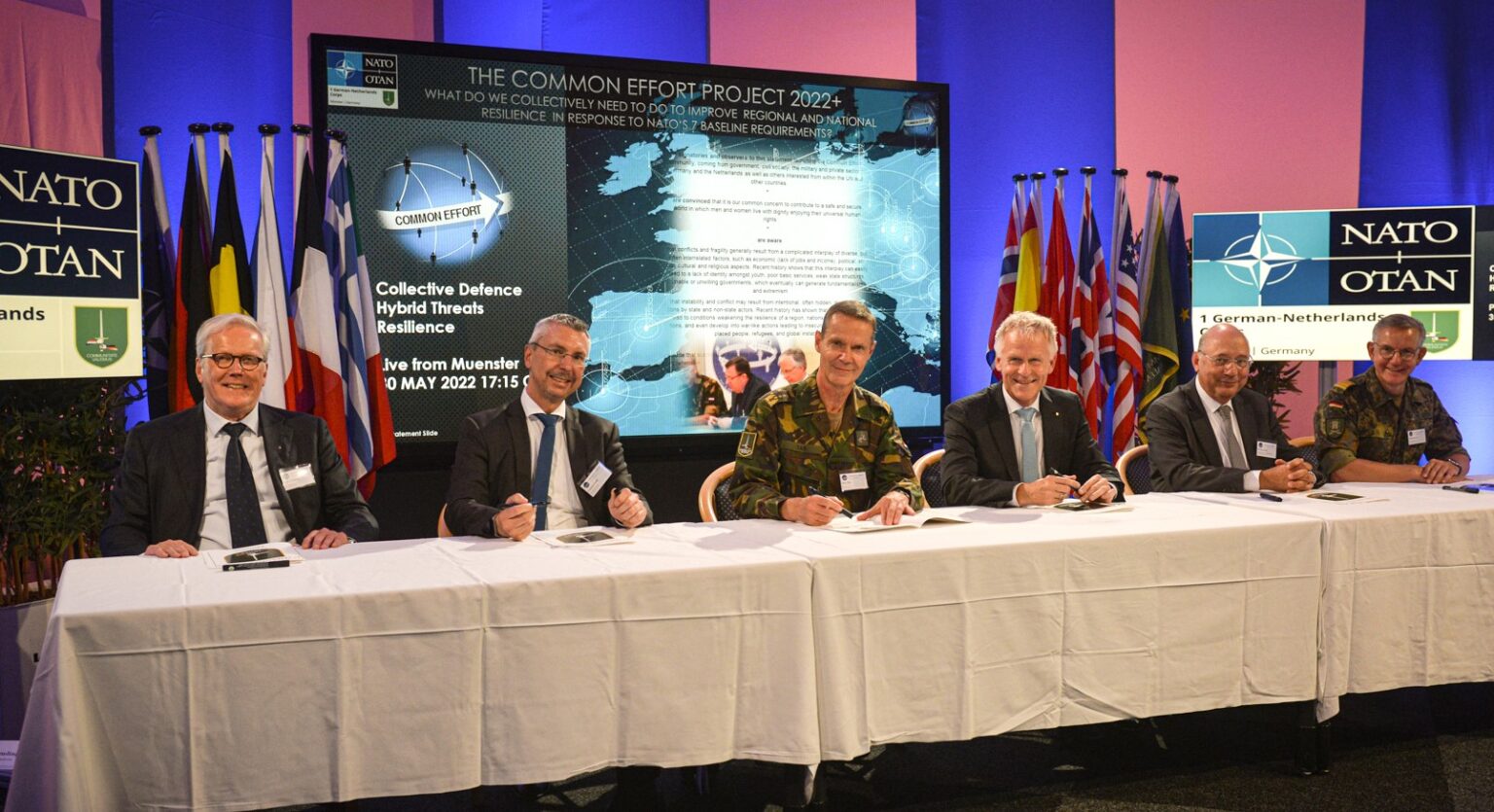
Resilience does not have a telephone number
Since 2020 it was the first time that Common Effort was able to host again an event with physical participation.
What do we collectively need to do to improve regional and national resilience in times of hybrid threats and collective defense? How can civil and military organizations work together in times of crisis?
These questions were the central theme of a two day live-streamed Common Effort conference in Münster at the end of May 2022. The NATO Headquarters 1 German-Netherlands Corps had organized the program as a combination of a physical and online event at Manfred-von Richthofen barracks in Münster.
Lieutenant General Nico Tak, Commander of 1 German-Netherlands Corps and Deputy Chief of Staff Communication & Engagement Colonel Paul van der Touw opened and steered through the two day hybrid event. Fruitful discussions and interesting network opportunities during the get together after the signing ceremony made a go for the event.
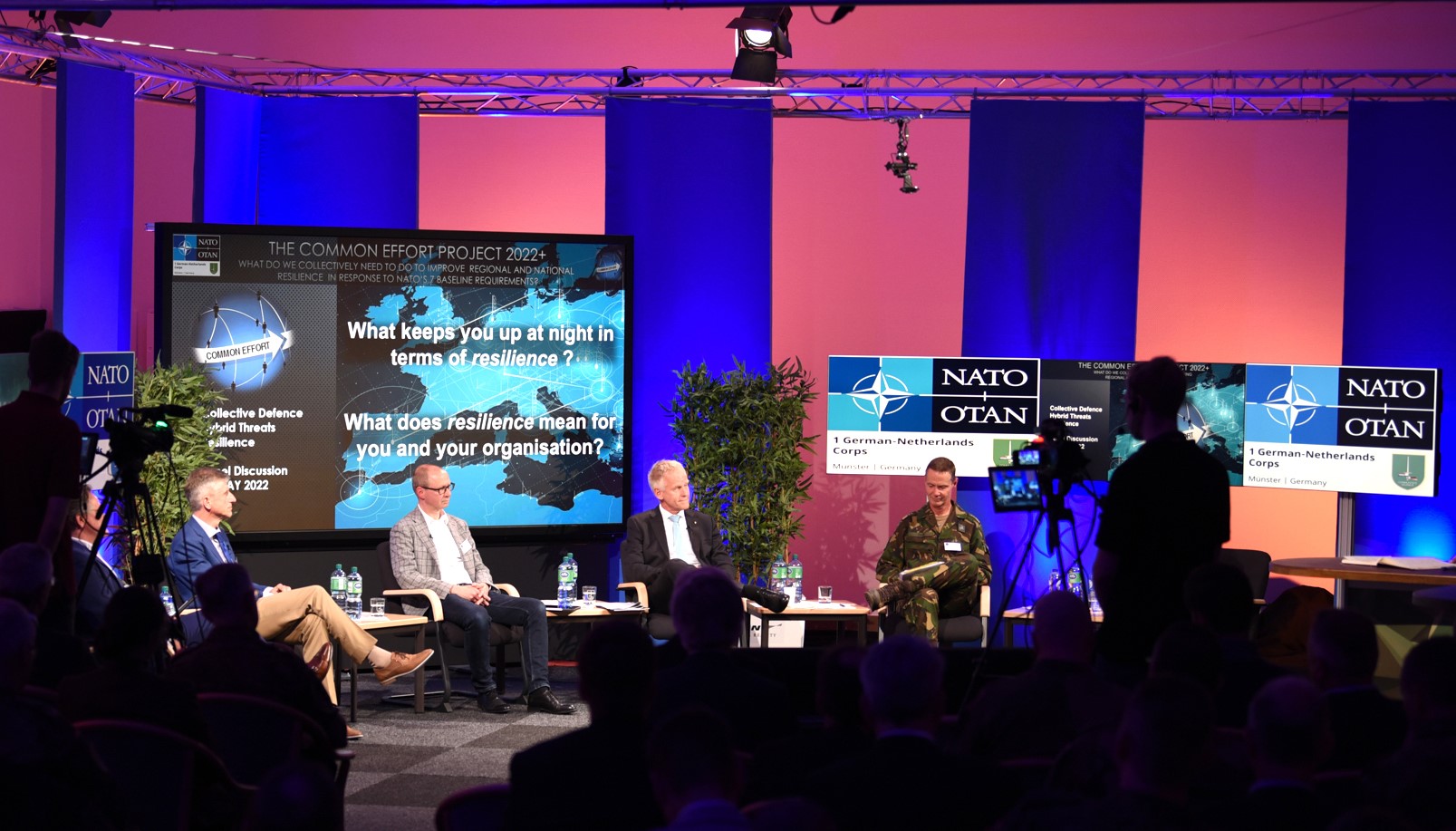
After two years of online sessions imposed by the pandemic, everyone was yearning for a physical meet-up. More than 100 participants joined the panel discussion and the signing ceremony of new Common Effort Community (CEC) members on the first day at Manfred-von-Richthofen barracks.
Experts from the military, governmental organizations, the industry, political foundations and non-governmental organizations discussed the topic of resilience with participants attending the event in presence as well as joining online. An experimental studio installation, combined with a virtual platform set the scene for a new Common Effort approach for collaborative work – integrating physical and virtual attendees.
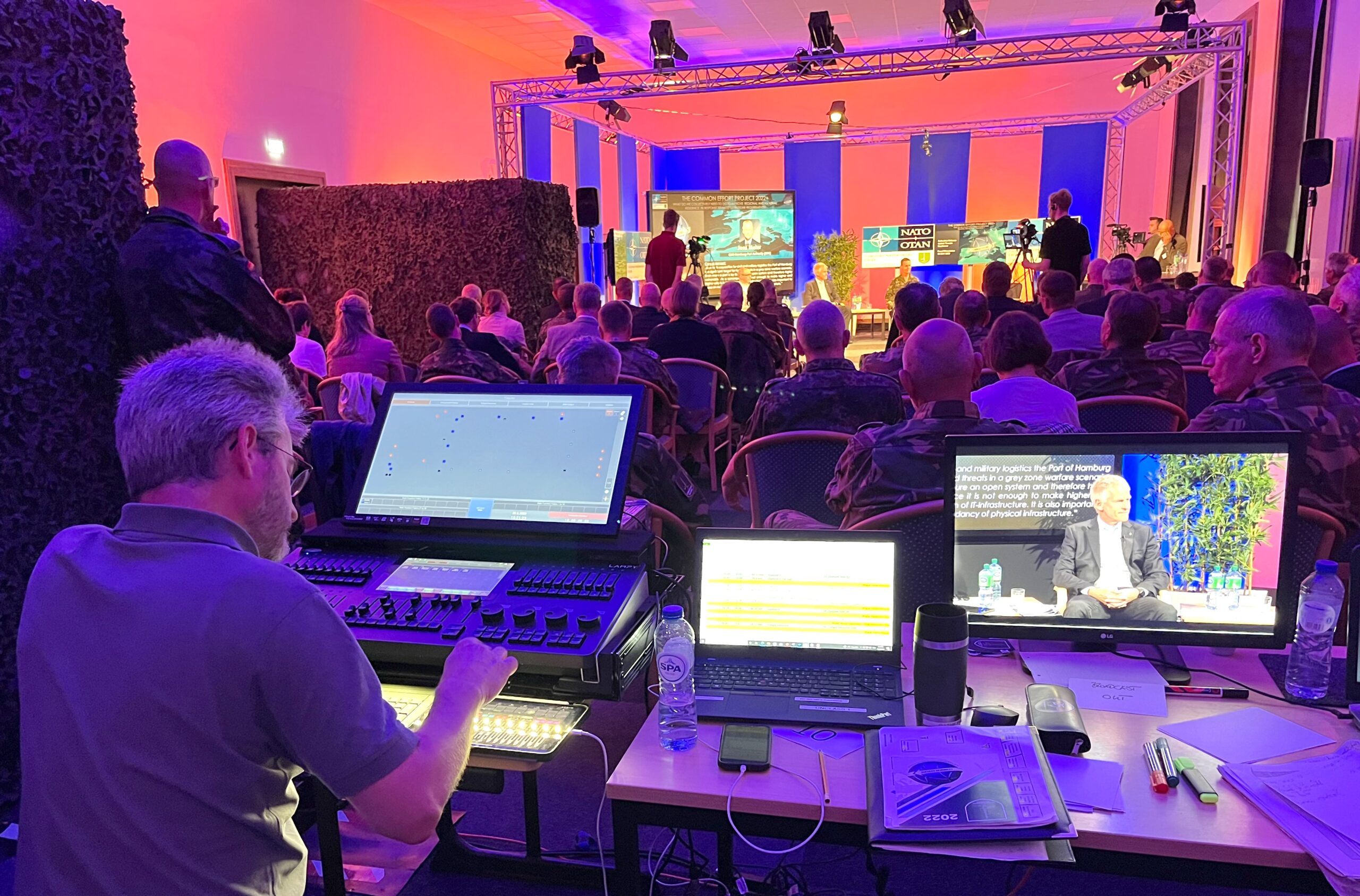
The main goal of the event was to get a better and common understanding of the complex problems in an environment where hybrid threats and grey zone war activities are getting closer to Western societies. The sessions and discussions focused on attacks on critical infrastructure and ultimately on the resilience of state structures and societies, using the combined knowledge base of civilian and military stakeholders. As Hamburg and Rotterdam portray a microcosm which can serve as a laboratory for practical and conceptual simulations, key stakeholders of both cities joined the Common Effort event.
Who are the relevant stakeholders?
“Being unprepared is no longer an option”, was the bottom line of the panel discussion. But “resilience does not have a telephone number. Who shall be called and who are the relevant stakeholders?” was the core question emerging during the two-day program. Common Effort wants to help to identify and define this point during upcoming events this and next year.
Jens Meier, Chief Executive Officer of Hamburg Port Authority, Darius Semaska, Lithuanian Special Ambassador Hybrid Threats; Arne Rüter, Head Of Security and Gunnar Gross, General Secretary of Airbus Operations Hamburg; Dr. Volker Jacoby, Director European Centre of Excellence for civilian crisis management; Rob Gutteling, Deputy Harbor Master from Port of Rotterdam and Lieutenant General Nico Tak, Commander 1 German-Netherlands Corps as well as the Commander of the State Command Hamburg, German Navy Captain Michael Giss and Dr. René Klaff, Head of the International Department at Friedrich Naumann Foundation presented their perspectives on resilience and its impact on their organizations during the panel discussion on the first day.
Moderated by Dr. Julia Buchholtz, Dr. Philipp-Christian Wachs and Prof. John Kantara, the experts on the panel, the audience in the room and online participants via the chat set the scene for further discussions during the get-together after the signing ceremony.
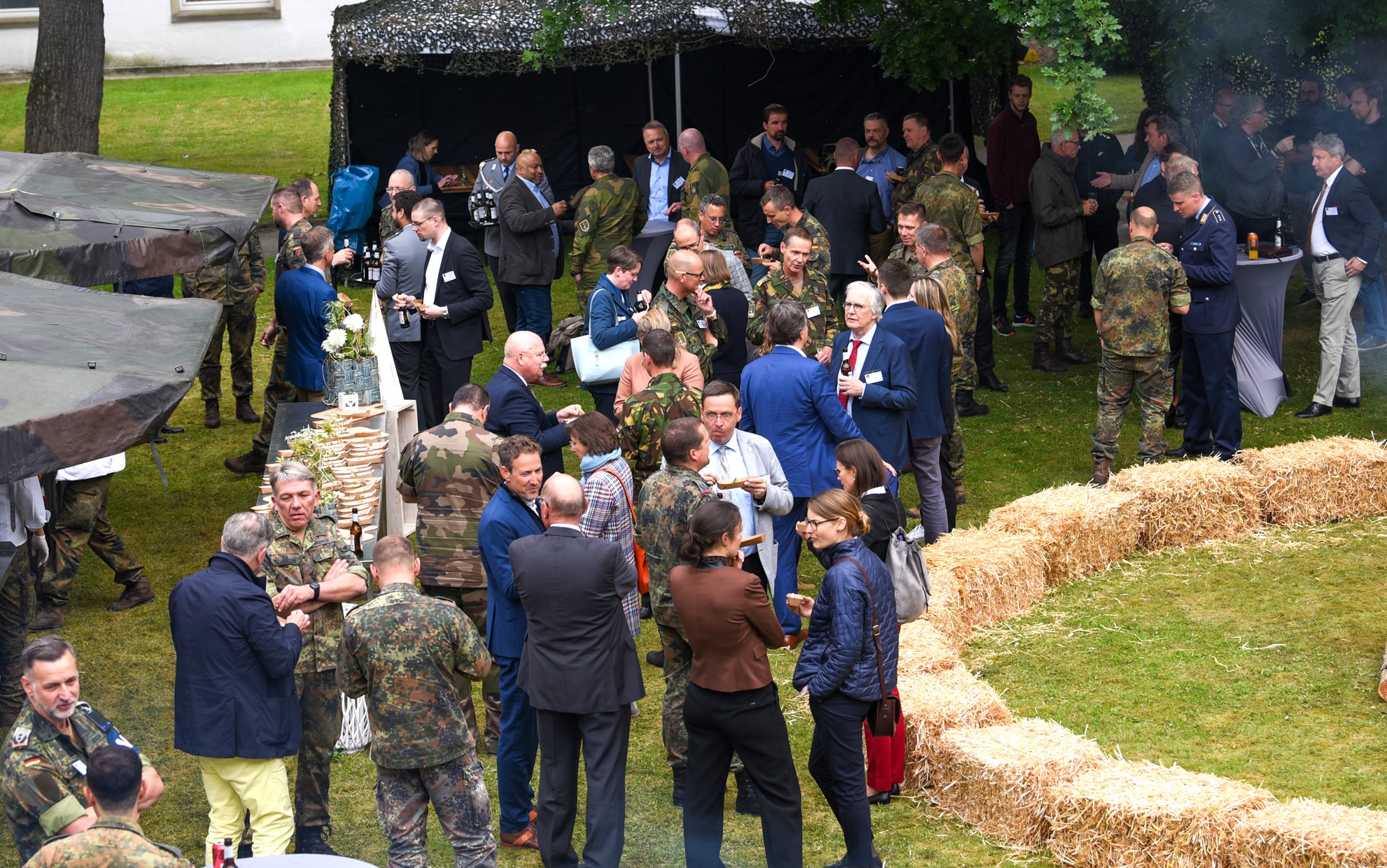
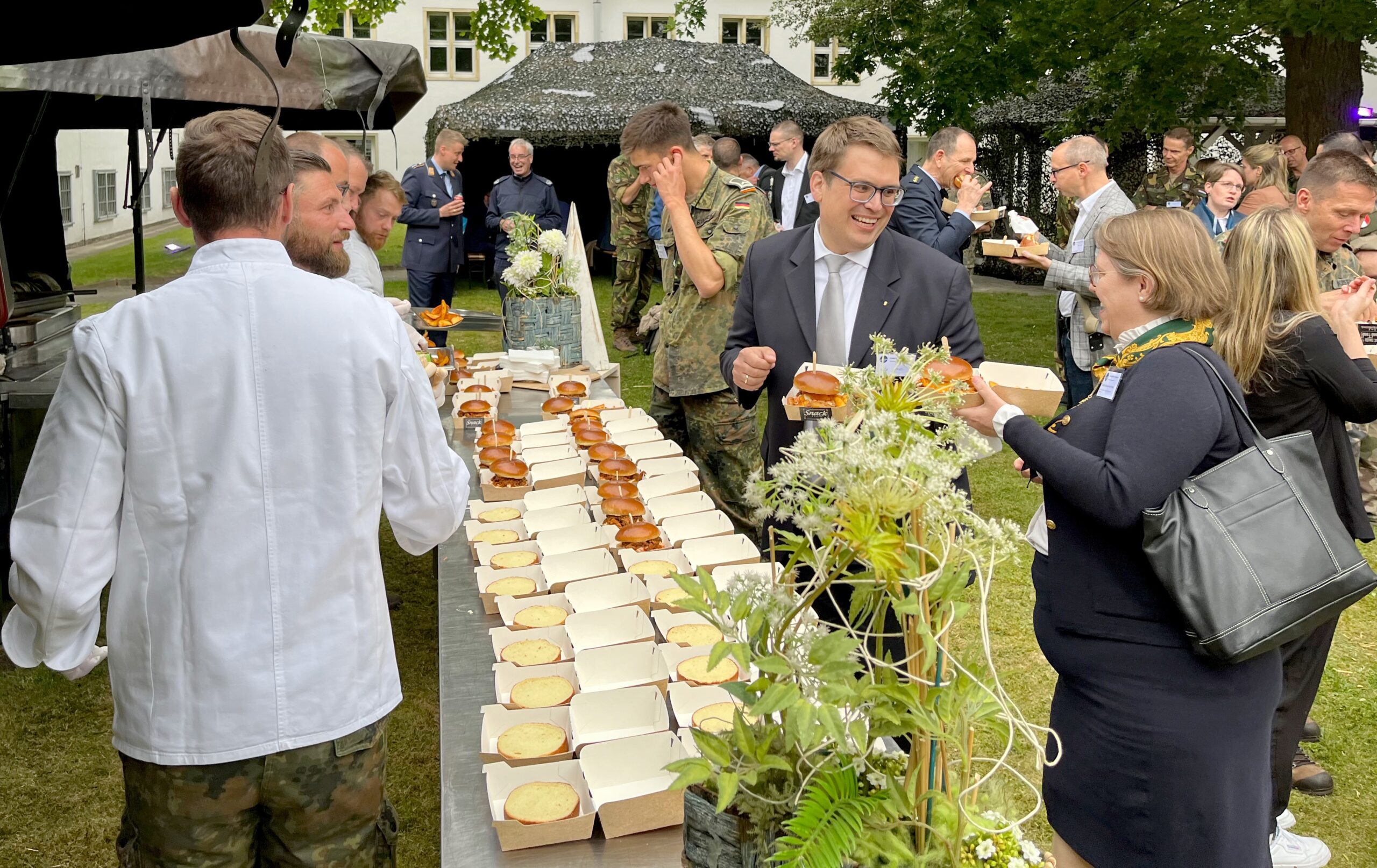
Online sessions on the second day offered experts and the Common Effort Community the opportunity to discuss resilience from the perspective of ‘transportation and logistics’ as well as from a perspective of ‘behavioral influence’ and its impact on societies. In addition, the general concept of the Common Effort Project 2022+ and the different needs of civil and military stakeholders were discussed and identified.
‘Fostering an integrated learning culture’ was the main identified need for all stakeholders. The fact that military and civil missions, visions and capacities are different should not be seen as a weakness, but more as a fertile advantage and a chance. “There is no total security. So everyone has to cope with that and adapt to it”, was a common belief of the experts.
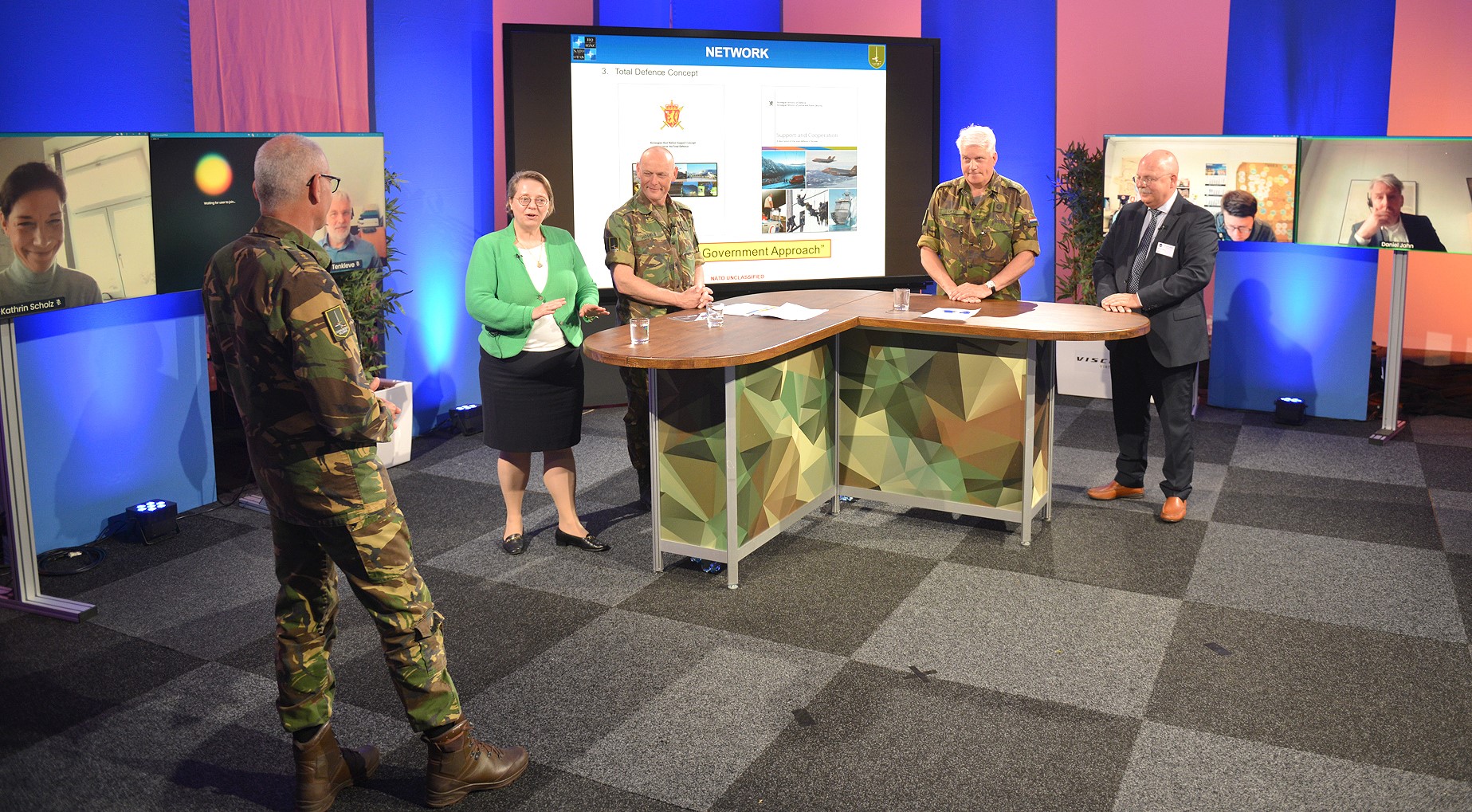
A signing ceremony with five new members underlined the further development and extension of the Common Effort Community (CEC): Hamburg Port Authority, Rotterdam Port Authority, Friedrich Naumann Foundation for Freedom, State Command Hamburg and Airbus were welcomed as new members.
Additionally, the Commander of 1 German-Netherlands Corps signed the revised Common Effort Community statement as a re-confirmation of the already existing CEC membership.
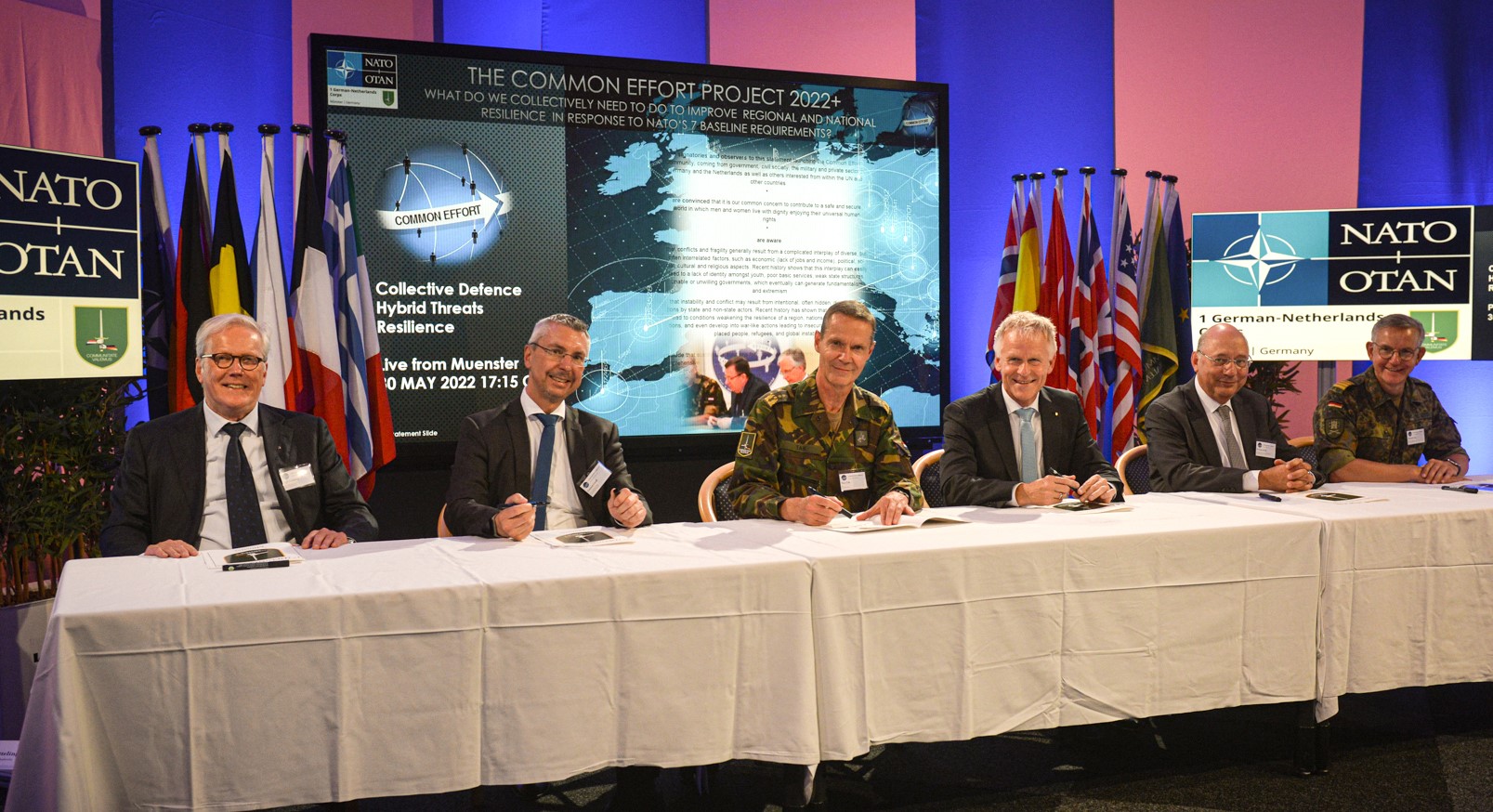
The two day hybrid event was a great opportunity to present the new Common Effort Project 2022+ concept to our community, new friends and partners.

